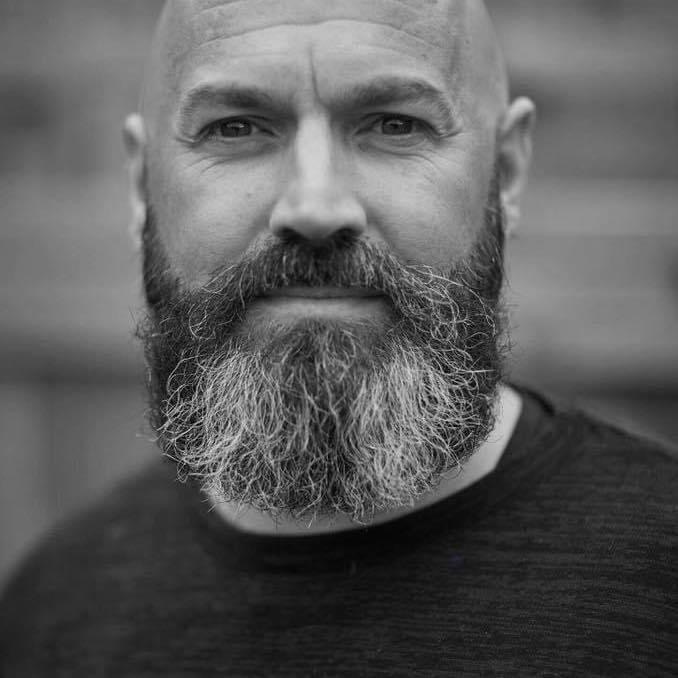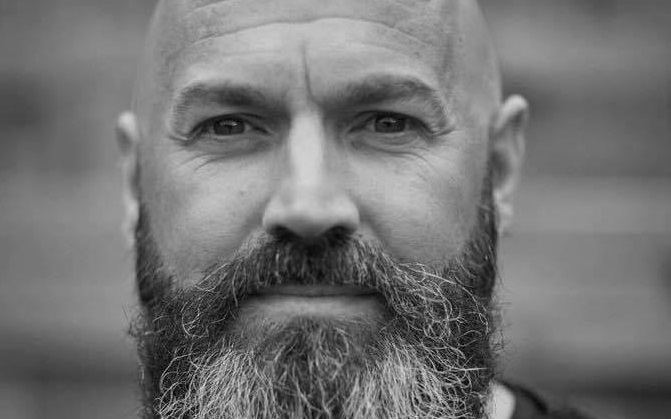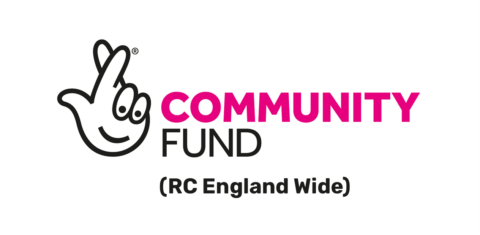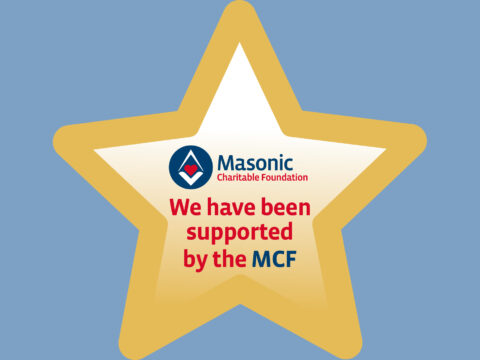Dave Steele is an award-winning poet, author, public speaker, singer, and advocate for the blind.
Diagnosed with Retinitis Pigmentosa (RP) in 2014, this genetic eye condition left Dave “severely sight impaired.” Together with his wife, Amy, the family grappled with the difficult diagnosis as RP quickly left Steele an unemployed father of four.
Feeling the stressors of financial debt and the loss of his independence, Dave turned to social media for support with his RP journey. He was also struck by the numerous misconceptions and stories of injustice being experienced by so many blind/visually impaired people all over the world.
Dave joins Sightline as an Ambassador for the charity in support of the work we carry out in the sight-loss community. Together, we hope to help as many visually impaired people as possible.
Here, Dave shares his thoughts on adjusting to life living with Retinitis Pigmentosa.
The term “constantly adjusting” is one a lot of us with RP use. But do our loved ones truly understand what it means to us? Do they really get how being in between the blind and sighted world can be both scary and frustrating in equal measure?
Sometimes, I feel like I can see like everybody else; I’ll be out with my guide dog, or my long cane and I can see the faces of people that pass me by with “that look”. I see the brief look of confusion as I make eye contact and return a smile or a nod of recognition. I sometimes feel a fraud myself; I doubt whether I need my cane or dog and fall into the common misconception that only someone who can see nothing at all needs a mobility aid.
But all that can change in a blink of an eye; quite literally in a blink. One minute I feel like I can see ok, the next I can’t. All it takes is a change in the light, a sudden flash of sunshine that blinds me with painful glare or a mixture of natural and artificial light which I often experience in supermarkets. This causes my vision to suddenly fog over, like viewing the world through a misty window.

The amount going on in my tunnel of vision has a lot to do with how well I see. I now struggle to watch a movie where there’s lots of action or special effects because my eyes can no longer interpret the busy fast movements on the screen. When I’m out, if I go from a quiet place to a busy shopping centre, then I can’t see well at all. I trip and bump into strangers, my tunnel seems that much smaller, and my chest gets tighter as my anxiety takes hold.
The less I see causes me to stress out and the more I stress out the less I see. This constant adjustment to my ever-changing sight can affect my energy levels. The smaller my tunnel of sight the more I must concentrate and that means I get wiped out quickly and often. It’s like a driver driving a long distance without taking a break; doing nothing but holding the wheel and concentrating on the road ahead and all its hazards.
It’s this exact reason why I need my cane and why I need my guide dog Christopher. When using a mobility aid, I am safer. I can use my limited vision to look straight ahead and use my cane or my dog to detect and avoid all the obstacles that my failing eyes miss. I know there are literally thousands of people who are visually impaired, still battling with themselves as to whether they are at the stage that they need a cane or guide dog. I hope reading this and relating to it might sway someone in to taking the first step to realising it’s not too early to get help.
I hope that reading this might answers some questions for our loved ones, that they might have never thought to ask.
I hope that when we talk about constantly adjusting in the future, the world understands a little better.
Dave Steele
#StandByMeRP
To find out more about Dave, head over to his Facebook page: https://www.facebook.com/theblindpoet
To find out more about the telephone befriending service we offer, call 0800 587 2252 today.
For anyone wishing to find out more information about eye conditions, the RNIB website has lots of useful information.








